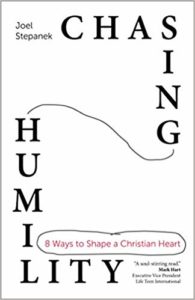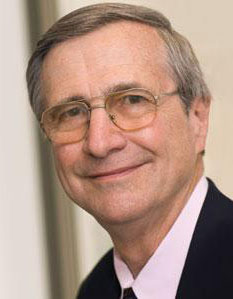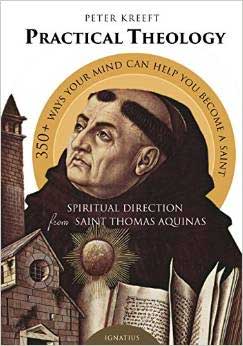Podcast: Play in new window | Download (Duration: 24:10 — 16.7MB) | Embed
Subscribe: Apple Podcasts | Spotify | Amazon Music | Android | Pandora | iHeartRadio | JioSaavn | Podchaser | Gaana | Podcast Index | Email | TuneIn | Deezer | Anghami | RSS | More
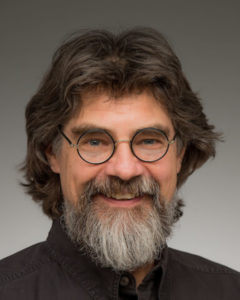
Episode 6 – The Synergy of Liturgy – Pathway to Sacred Mysteries with Dr. David Fagerberg Ph.D.
Dr. David Fagerberg and Kris McGregor explore the significance of liturgy in the life of the church and its members. Liturgy should be central to Christian life, rather than overshadowed by other church activities. They cover the formative power of ritual and the necessity of active participation in liturgical practices.
Dr. Fagerberg draws an analogy to illustrate the complexity of theology, describing the difficulty of maintaining a balanced focus on both God and church activities. Liturgical participation, not merely as observers but as active participants, is akin to engaging in a dance with God where He leads, and we follow.
Liturgy is not just a series of actions but a profound encounter with God’s presence, requiring a conscious response from the faithful. This response is characterized by synergy, where God’s grace and human faith work together harmoniously. The conversation also touches on the Catholic belief in the real presence of Christ in the Eucharist, emphasizing the incarnational nature of Catholic worship.
Here are some of the topics explored in this episode:
- The difference between being involved with ministry and being consciously present to the mystery of God.
- The nature of synergy in regards to liturgy, and in particular the celebration of the mass.
From the discussion with Dr. Fagerberg:
“God plans to be fully, actively, and consciously present in liturgy. That’s His presence from above. What should I do in response? Maybe I should be full, active, conscious response to his presence. That would be a nice filling out of the idea of participation because participation doesn’t mean activity that I generate. Participation is my response to his presence. He’s full, active, consciously present. I’m full, actively, consciously responding.
The Greek word for that is synergy, S Y N E R G Y. And syn means “together”,enérgeia means an energy or an activity at work. Here are two examples. One of them is synergy. One of them is not synergy. Mom is coming. The apartment is a mess. You clean up that room. I’ll clean up this room. Together, they cleaned up the apartment. The second, example is in order to have fire, you must have matter, spark, and oxygen. They have to operate together. The first example is just two people doing an activity at the same time. In the second example, the one makes possible the other makes it occur. Well, synergy is that second example. It’s co operatio (co-operate), synergy. God’s graces and we faith. God energizes and we synergize. He takes the lead in the ballroom dancing and we follow. We co-operate. Well, that leads me to suppose that it’s not a matter of laity co-operating with the clergy. Rather laity and clergy should co-operate the liturgy which is occurring at this moment. And in our liturgy, the human liturgy, the liturgy of the Church, it is a cooperation with the full, active and conscious presence of God. He makes himself present. We make this response.”
Discerning Hearts Reflection Questions
- Prioritizing Liturgy in Church Activities: How can we ensure that our involvement in church activities does not overshadow the central importance of the liturgy?
- Active Participation in Mass: In what ways can we move from being passive observers to active participants during the Mass?
- Balancing Church Involvement and Worship: How do we find the balance between being active in church life and maintaining a focus on the worship of God?
- Understanding Liturgical Synergy: How can we better understand and embrace the concept of synergy in our liturgical participation?
- Encountering God in the Liturgy: How do we experience and respond to God’s presence during the liturgy, both in the Eucharist and in the assembly of believers?
- Liturgy as a Daily Practice: How can the principles and actions of the liturgy influence and be reflected in our daily lives?
- Responsibility and Obligation in Worship: What are our responsibilities and obligations in worship, and how can we fulfill them more fully?
- Incarnational Worship: How does the incarnational nature of Catholic worship affect our understanding and practice of the liturgy?
For more podcast episodes of this series visit the Pathways to Sacred Mysteries w/Dr. David Fagerberg page
David W. Fagerberg is Professor in the Department of Theology at the University of Notre Dame. He holds masters degrees from Luther Northwestern Seminary, St. John’s University (Collegeville), Yale Divinity School, and Yale University. His Ph.D. is from Yale University in liturgical theology.
Fagerberg’s work has explored how the Church’s lex credendi (law of belief) is founded upon the Church’s lex orandi (law of prayer). This was expressed in Theologia Prima (Hillenbrand Books, 2003). He has integrated into this the Eastern Orthodox understanding of asceticism by considering its role in preparing the liturgical person. This was treated in On Liturgical Asceticism (Catholic University Press, 2013). And these two themes come together in Consecrating the World: On Mundane Liturgical Theology (Angelico Press, 2016).
He also has an avocation in G. K. Chesterton, having published Chesterton is Everywhere (Emmaus Press, 2013) and The Size of Chesterton’s Catholicism (University of Notre Dame, 1998).






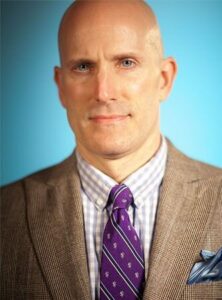
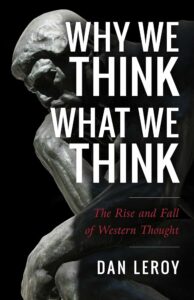
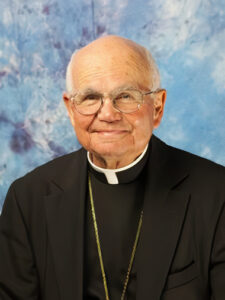
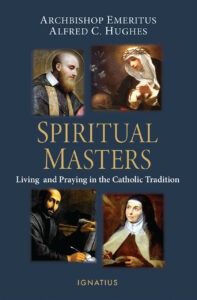
 Fr. Timothy Gallagher and Kris McGregor discuss “pre-event desolation,” a form of spiritual discouragement before significant spiritual activities. They highlight its tactics by the enemy to deter individuals from growth opportunities. Drawing from C.S. Lewis’s “Perelandra,” he tells us of the importance of recognizing and countering this desolation with prayer and trust.
Fr. Timothy Gallagher and Kris McGregor discuss “pre-event desolation,” a form of spiritual discouragement before significant spiritual activities. They highlight its tactics by the enemy to deter individuals from growth opportunities. Drawing from C.S. Lewis’s “Perelandra,” he tells us of the importance of recognizing and countering this desolation with prayer and trust.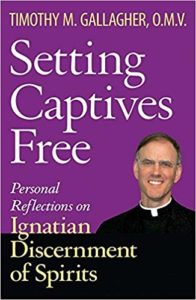
 I cannot recommend this book and the work of Joel Stepanek more highly! Based on the great Litany of Humility, “Chasing Humility: 8 Ways to Shape a Christian Heart” is a game-changer in the formation of the Christian heart. It’s no wonder St. Teresa of Calcutta had her Missionaries of Charity pray this prayer every morning (and they still do)! It’s a challenging prayer when you first contemplate exactly what it is you are asking of the Lord. But if you trust in the fruits which it brings into your life, your spiritual journey will never be the same. Run, don’t walk, to get this book! A modern-day spiritual classic!
I cannot recommend this book and the work of Joel Stepanek more highly! Based on the great Litany of Humility, “Chasing Humility: 8 Ways to Shape a Christian Heart” is a game-changer in the formation of the Christian heart. It’s no wonder St. Teresa of Calcutta had her Missionaries of Charity pray this prayer every morning (and they still do)! It’s a challenging prayer when you first contemplate exactly what it is you are asking of the Lord. But if you trust in the fruits which it brings into your life, your spiritual journey will never be the same. Run, don’t walk, to get this book! A modern-day spiritual classic!